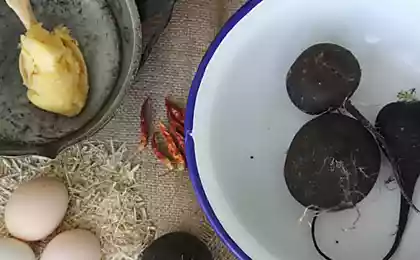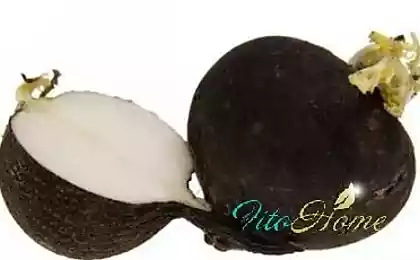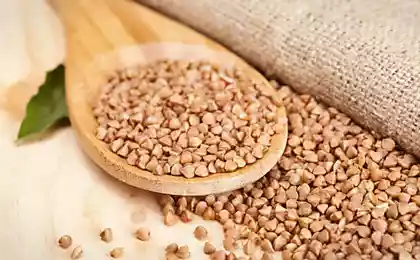517
Daikon-white radish
Daikon is a variety of radish, known as white radish, Japanese or Chinese radish. In Japanese "daikon" is "big root".

Daikon is a low-calorie product, but всего300 haponski radish is able to fully cover the daily requirement of the human body in vitamin C. it contains potassium, promotes the excretion of urine of harmful substances and toxins. Daikon is rich in minerals (calcium, phosphorus, iron, magnesium), b vitamins and β-carotene, strengthening the immune system. Volatile in the composition of the root have bactericidal and bacteriostatic action, protecting the individual from infectious diseases and improving the digestive system.
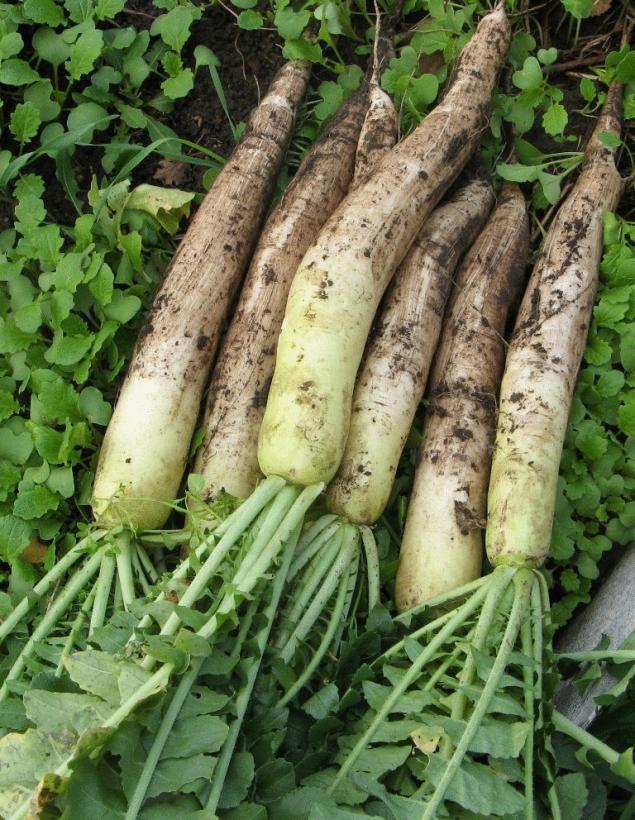
According to some researchers daikon radish in its raw form helps to eliminate radioactive substances under irradiation and excess of cholesterol in atherosclerosis. Long-term use of Japanese radish has a beneficial effect on the course of cardiovascular diseases and diabetes. Topically using compresses and rubbing of grated daikon to accelerate the healing of purulent wounds, freckles and strengthen the hair.
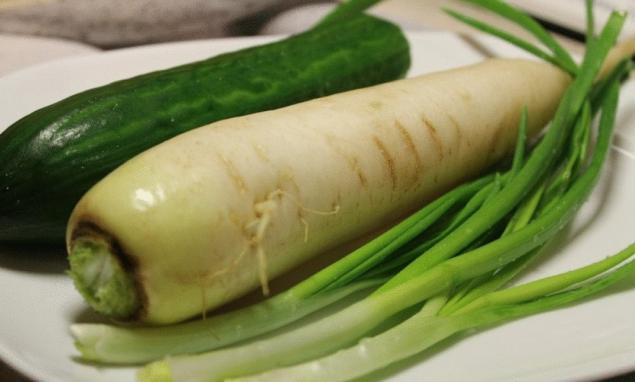
Daikon roots have antiseptic and antibacterial properties, which makes them an effective tool to fight colds and infectious diseases. Daikon can be used to combat atherosclerosis and rheumatism. Unlike their relatives the radish and radish – daikon contains very little mustard oil and glycosides, so it does not stimulates the heart and can be used by all without exception.
Source: /users/155

Daikon is a low-calorie product, but всего300 haponski radish is able to fully cover the daily requirement of the human body in vitamin C. it contains potassium, promotes the excretion of urine of harmful substances and toxins. Daikon is rich in minerals (calcium, phosphorus, iron, magnesium), b vitamins and β-carotene, strengthening the immune system. Volatile in the composition of the root have bactericidal and bacteriostatic action, protecting the individual from infectious diseases and improving the digestive system.

According to some researchers daikon radish in its raw form helps to eliminate radioactive substances under irradiation and excess of cholesterol in atherosclerosis. Long-term use of Japanese radish has a beneficial effect on the course of cardiovascular diseases and diabetes. Topically using compresses and rubbing of grated daikon to accelerate the healing of purulent wounds, freckles and strengthen the hair.

Daikon roots have antiseptic and antibacterial properties, which makes them an effective tool to fight colds and infectious diseases. Daikon can be used to combat atherosclerosis and rheumatism. Unlike their relatives the radish and radish – daikon contains very little mustard oil and glycosides, so it does not stimulates the heart and can be used by all without exception.
Source: /users/155


